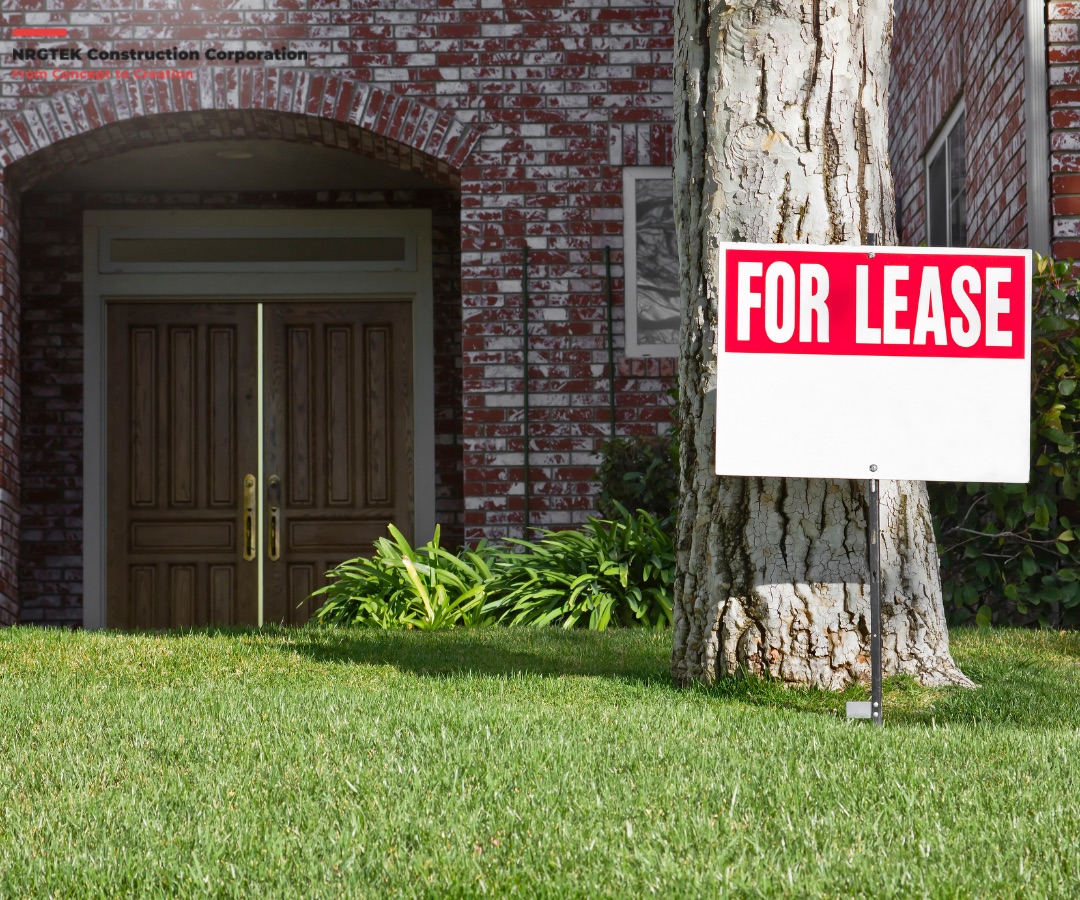
Tenant rights are indispensable for safeguarding individuals against unfair treatment and ensuring secure housing conditions. However, it is imperative to acknowledge that a subset of tenants exploit these protections, thereby inflicting substantial challenges upon homeowners and landlords. This discourse aims to elucidate the ways in which certain tenants misuse their rights and the consequent adverse effects on property owners, emphasizing the need for a balanced legal framework.
1. Non-Payment of Rent and the Complexities of Eviction Procedure
Tenant nonpayment of rent is a common problem for homeowners, made worse by the abuse of legal protections to postpone eviction:
- Protracted Legal Proceedings: In many jurisdictions, the eviction process is a complex and lengthy process that typically takes several months. Some tenants take advantage of this by routinely delaying court appearances or submitting counterclaims, which allows them to live rent-free while these legal actions are pending.
- The cost of homeownership: For homeowners, especially those who rely on rental income to cover mortgage payments, property taxes, and maintenance costs, the nonpayment of rent places a heavy financial burden. Protracted legal disputes further drain the homeowners’ finances.
2. Property Damage and Negligence by Tenants
Another critical issue is the damage to property or negligent maintenance by tenants:
- Costly Repairs: Renters who fail to maintain their properties or intentionally cause damage must foot the bill for expensive repairs. Frequently, security deposits are insufficient to fully cover the extent of the damage, requiring landlords to make additional financial expenditures.
- Depreciation of Property Value: Inadequate maintenance and damage can lead to a depreciation of the property’s market value, complicating future sale or rental prospects for homeowners.
3. Abuse of Rent Control and Housing Policies
Certain tenants exploit rent control and housing policies, designed to provide affordability and stability:
- Illegal Subletting for Profit: Rent-controlled apartment tenants may illegally sublease at higher prices, pocketing the difference while the homeowner keeps receiving below-market rent. This hurts property owners and defeats the purpose of rent control.
- Permanent Occupancy Loopholes: Tenants may exploit policies making it difficult for landlords to reclaim their property, even for personal use or family occupancy, thereby occupying rent-controlled units indefinitely.
4. False Claims and Legal Manipulation by Tenants
The misuse of tenant rights is also evident in the filing of false claims and legal manipulation:
- Unfounded Complaints: Certain tenants file unfounded complaints about the state of the property or purported landlord abuses, using these allegations as a means of evading rent payments or postponing eviction. In order to defend against such accusations, homeowners will then need to commit a significant amount of time and money.
- Exploitation of Legal Aid Services: Tenants may exploit free or low-cost legal aid services to engage in protracted legal disputes, fully aware that homeowners will incur significant legal fees, potentially compelling them to settle on unfavorable terms.
5. Emotional and Psychological Impact on Homeowners
The misuse of tenant rights extends beyond financial implications, affecting the emotional and psychological well-being of homeowners:
- Increased Stress and Anxiety: For homeowners, dealing with uncooperative tenants, property damage, and protracted legal disputes causes a great deal of stress and anxiety. Their mental health is negatively impacted by the ongoing conflict and uncertainty.
- Erosion of Trust: Repeated adverse experiences with tenants erode homeowners’ trust in the rental system and prospective tenants, rendering them apprehensive about renting their property in the future.
Conclusion
Tenant rights are crucial for safeguarding people from exploitation and providing safe housing; however, there are situations in which these rights are abused that demand attention. A prudent approach is necessary to address problems like non-payment of rent, property damage, abuse of rent control policies, false claims, and the emotional toll on landlords. It is essential to have a fair legal system that safeguards both homeowners and renters. This entails accelerating the eviction procedure, guaranteeing sufficient security deposits, and offering assistance to landlords dealing with noncompliant tenants. It is imperative that these issues be addressed in order to promote an equitable and efficient rental housing system for all parties concerned.










